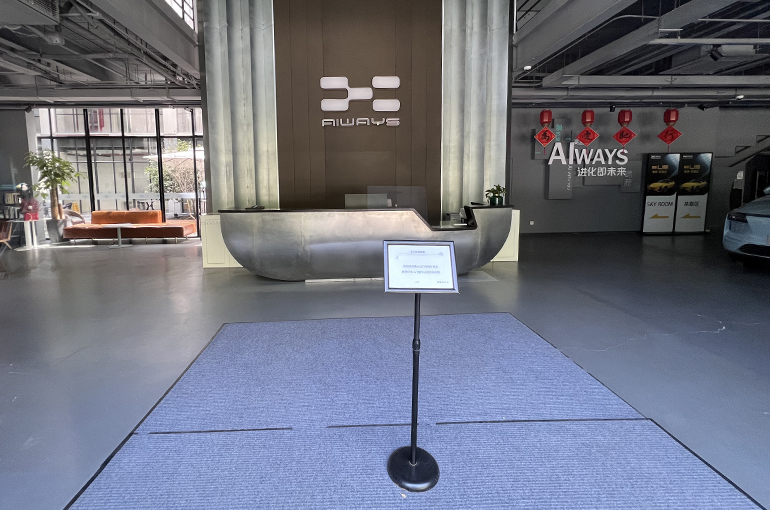 Chinese Second-Tier NEV Startups Face Operational Crises
Chinese Second-Tier NEV Startups Face Operational Crises(Yicai) Sept. 18 -- Despite the rapid development of China’s new energy vehicle market, second-tier NEV startups have encountered operational crises after spending over CNY10 billion (USD1.4 billion) received from financing.
Second-tier electric vehicle manufacturers that have achieved mass production and begun deliveries, including Enovate Motors, WM Motor, and Aiways Holdings, have suffered severe operational crises, shut down plants, missed salary payments, seen many employees resign, and closed most sales and service channels.
These electric carmakers lost sight of research and development and focused on production, which resulted in a lack of capability to cope with fierce competition, according to industry insiders.
Unlike Li Bin, Li Xiang, and other EV startup founders who came from the internet industry, the founders of Enovate and WM Motor used to work for traditional automakers. Zhang Hailiang, the founder of Enovate, worked at SAIC-Volkswagen, while Shen Hui, the founder of WM Motor, was the president of Fiat China in 2007.
The rich experience of Enovate’s and WM Motor’s founders attracted many investors. According to corporate information platform Qichacha, the former raised more than CNY11.5 billion, and the latter over CNY35 billion.
But the founders’ experience with traditional carmakers restricts their ability to develop new products and technologies, said Dong Jia, the head of a department of Enovate. The Shanghai-based NEV startup’s products are not competitive and do not boast any technological advantage, Dong added, noting that its marketing team cannot attract new users.
WM Motor’s cars were often featured in negative news, including spontaneous combustion and power lock issues, Cui Ye, the branding manager at a NEV maker, told Yicai. Some WM EV owners also noted to Yicai that their cars have many problems, such as the cruising range being 50 percent or shorter than advertised.
These second-tier NEV makers focus all efforts on production. For example, Enovate planned to achieve an annual production capacity of more than 300,000 units in Shaoxing, Changsha, and Nanning even before beginning deliveries. It had also planned to purchase land for commercial NEV production in Qingdao and Cixi.
“Building plants in multiple places is to exchange for resources, as auto companies’ fixed asset investments in land, plants, and equipment generally get full fiscal rebates from local governments, and it is relatively less difficult to receive investment for such projects,” a source told Yicai.
While it is relatively easy to receive funds this way, some carmakers still do not attract enough investors or use the sums raised inefficiently, the source added, noting that local governments also set high requirements for production, output value, and tax contribution, making the burden on the startups too high in the early stage.
EV startups need to conduct a quick trial-and-error process in the early stage to find the right way, a business school professor said, adding that managers are used to large platforms with standardized processes and are proven capable in their original environment, but they may be not suitable for starting new initiatives.
Editor: Futura Costaglione